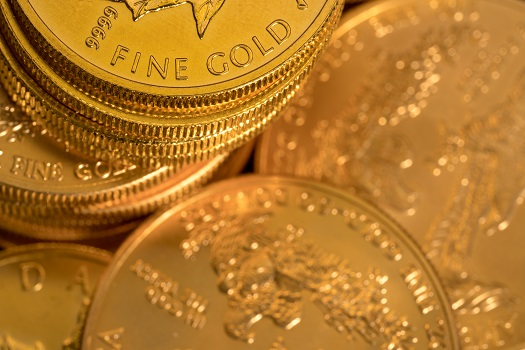What Amount of Gold Can I Bring into the United States?
People entering the U.S. often want to bring items they purchased into the country with them. International travel entails going through customs and declaring the required items. One of the more common items that requires a traveler to fill out a special form is money or any type of currency. Some people may think gold would be treated the same as money when going through customs, but slightly different rules apply when items made of gold are being brought into the United States. Keep reading for information on the rules about bringing gold into the U.S., brought to you by the experienced professionals from First National Bullion and Coin. Scottsdale collectors trust our extensive knowledge about every aspect of owning precious metals.
Gold & Duty Taxes
For people entering the United States, any money or form of currency must be declared if the total amount exceeds $10,000, and this may require the traveler to pay a customs duty tax as well. According to U.S. Customs and Border Protection, gold that isn’t considered a form of currency doesn’t require a duty tax, but the agency recommends declaring the gold anyway.
Foreign Currency & Gold Coins
U.S. Customs and Border Protection also states that if someone were to bring in a “spendable” foreign currency that’s made of gold—for example, gold coins being used as some country’s form of legal tender—then that gold would be considered a form of currency and treated the same as cash. If that gold currency exceeds $10,000, the traveler will need to fill out a FinCEN 105 form, but anything under $10,000 may be brought into the country without reporting it to customs.
Restrictions
The United States places restrictions on gold items made in Cuba, Iran, and Sudan. Even if someone purchased the gold items in a different country, they cannot be brought in if they were created in any one of those countries.
Taking the Right Precautions
A precaution many people take when bringing gold into the U.S. is simply declaring everything they intend to bring into the country. U.S. Customs and Border Protection suggests if a person isn’t sure whether his or her gold is considered currency, the safe bet is to simply declare the gold to avoid giving a false declaration. Although it’s a hassle, it’s the surest way to prevent problems with customs later.
For information on any aspect of buying, selling, and owning precious metals, call on the experts at First National Bullion and Coin. If you’re looking to buy Scottsdale gold and bullion, you can trust our reputable dealers. We’re a boutique precious metals firm with experienced professionals, and we work hard to keep our investors informed with the most up-to-date market intelligence. If you’re looking to add precious metals to your investment portfolio, call us today at 858-666-6570.
The statements made in this blog are opinions, and past performance is not indicative of future returns. Precious metals, like all investments, carry risk. Precious metals and coins may appreciate, depreciate, or stay the same in cash value depending on a variety of factors. First National Bullion does not guarantee, and its website and employees make no representation, that any metals for sale will appreciate sufficiently to earn the customers a profit. The decision to buy, sell, or borrow precious metals and which precious metals to purchase, borrow, or sell are made at the customer’s sole discretion.


